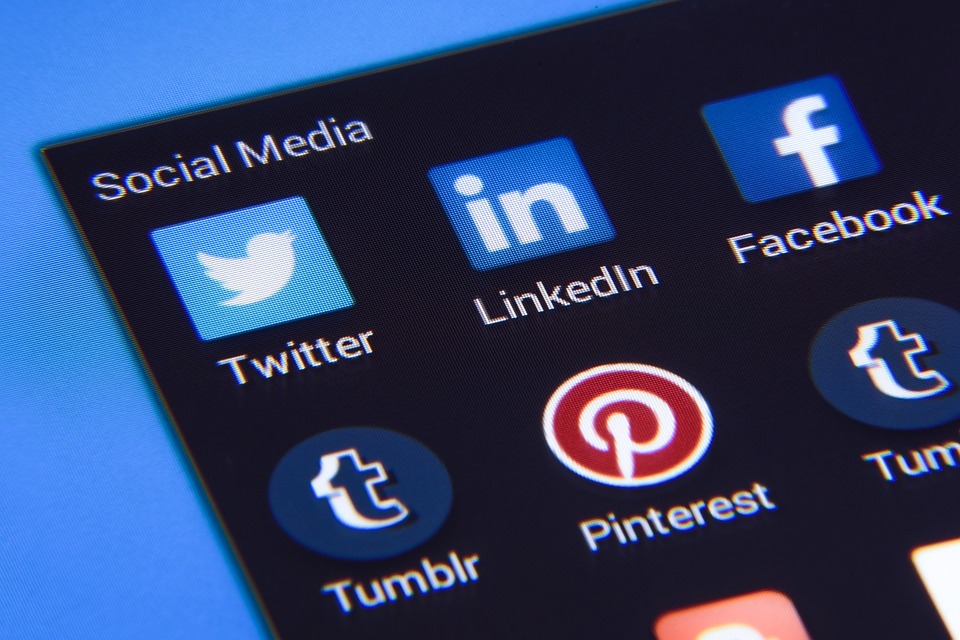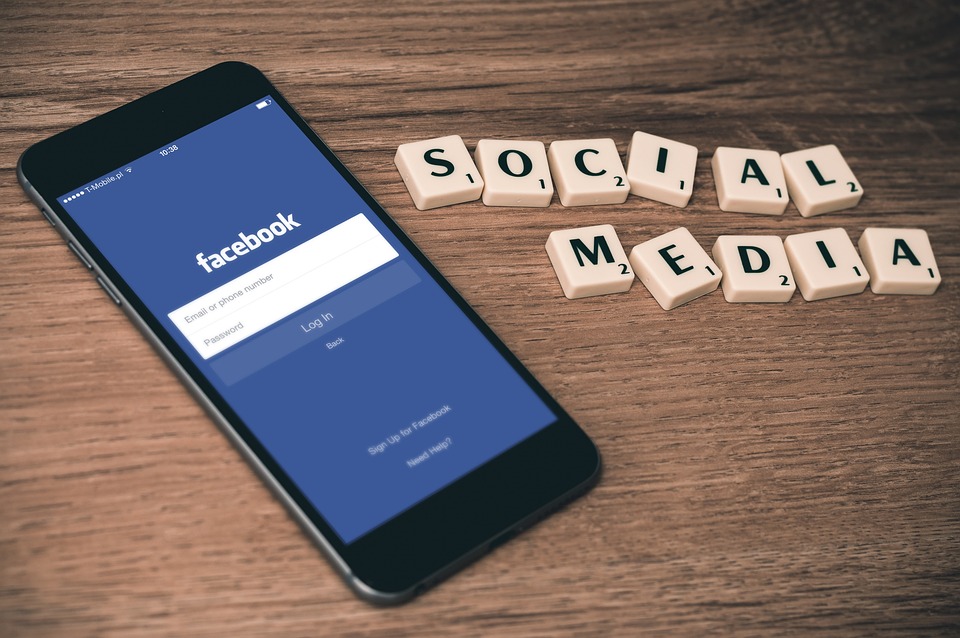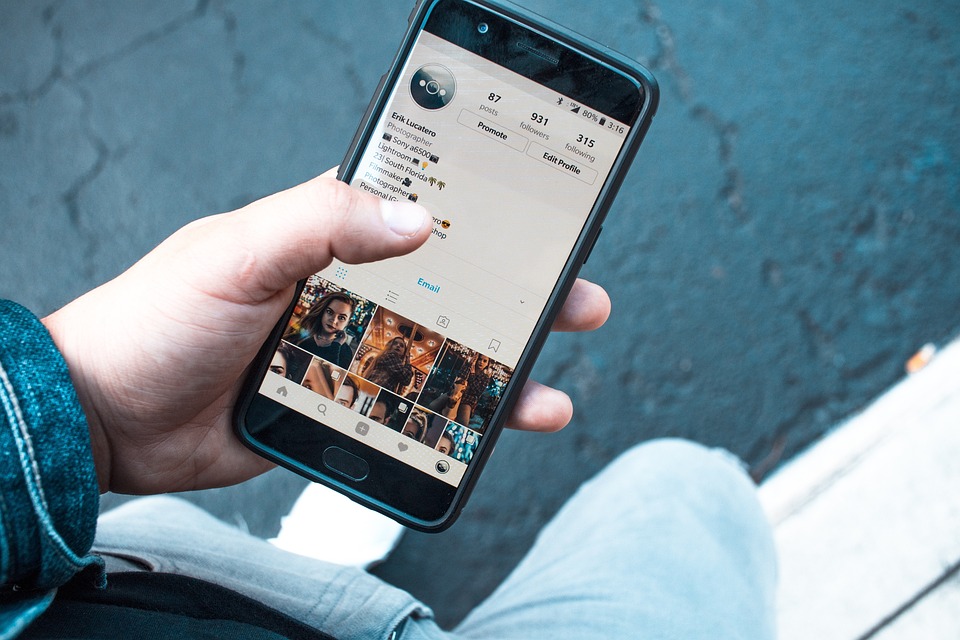In an era where information travels at the speed of light and connections can be made with the click of a button, social media has become a central pillar of modern communication. Platforms like Facebook, Twitter, Instagram, TikTok, and LinkedIn have not only transformed how we interact with each other but have redefined the very essence of communication itself. As we navigate this new norm, it becomes crucial to understand the multifaceted impact of social media on our interpersonal dynamics, societal norms, and professional landscapes.
The Rise of Instant Communication
One of the most significant changes brought about by social media is the immediacy of communication. Gone are the days when letters took weeks to arrive or when a phone call meant waiting for someone to be at home. Today, messages are sent and received in real-time, fostering a culture of instant responses. This immediacy can lead to enriched dialogue, allowing for rapid sharing of ideas and information.
However, the pressure for quick replies can also result in misunderstandings or poorly thought-out responses. The nuances of face-to-face communication, such as tone, body language, and eye contact, are often lost in digital exchanges. As a result, the potential for miscommunication has increased, raising concerns about clarity and emotional intelligence in our interactions.
The Broadening of Social Networks
Social media platforms have expanded our social circles beyond geographical limitations. Individuals can now connect with like-minded people from around the globe, share experiences, and foster relationships that transcend borders. This global connectivity can enhance cross-cultural understanding and create a rich tapestry of perspectives on various issues.
However, this access also comes with challenges. Echo chambers can form as people curate their feeds to align with their beliefs, leading to polarization and a narrow worldview. The phenomenon of ‘fake news’ further complicates this, as misinformation can spread rapidly, influencing public opinion and eroding trust in traditional media and institutions.
Professional Networking and Communication
In the professional realm, social media has become an indispensable tool for networking and career development. Platforms like LinkedIn allow individuals to showcase their skills, connect with potential employers, and engage with industry leaders. The ability to share articles, insights, and accomplishments publicly can bolster personal brands and open doors to new opportunities.
Yet, this professional landscape is not without pitfalls. The line between personal and professional life can blur, leading to potential missteps that can affect one’s career. Furthermore, the pressure to maintain a polished online presence can lead to heightened anxiety, particularly among young professionals entering the workforce.
Mental Health Implications
The impact of social media on mental health is a dual-edged sword. On one hand, it offers support communities and a platform for individuals to voice their struggles, reducing the stigma associated with mental health issues. On the other hand, excessive use of social media can lead to feelings of inadequacy, anxiety, and loneliness. The curated nature of social media can create unrealistic comparisons, negatively affecting self-esteem and body image.
The addictive qualities of social media, compounded by algorithms designed to keep users engaged, can lead to detrimental habits. Awareness has led to discussions about digital well-being, encouraging users to find a balance that allows them to engage positively without compromising their mental health.
The Future of Communication in a Social Media Landscape
As we move forward, navigating this new norm requires a delicate balance of embracing the advantages of social media while remaining mindful of its drawbacks. Education around digital literacy is vital, empowering users to sift through information critically, understand the dynamics of online interactions, and maintain healthy boundaries between their online and offline lives.
Organizations and institutions must also adapt, developing strategies to foster effective communication in an increasingly virtual workplace. Transparency, empathy, and open dialogue will be critical in ensuring that social media serves as a tool for connection and collaboration rather than a source of division.
In conclusion, social media is reshaping modern communication in profound ways. As we embrace this transition, it is essential to cultivate a culture of mindful engagement, recognizing both the opportunities and challenges that arise. By doing so, we can navigate the new norm with intention, enhancing our connections while fostering a more inclusive and understanding society.




